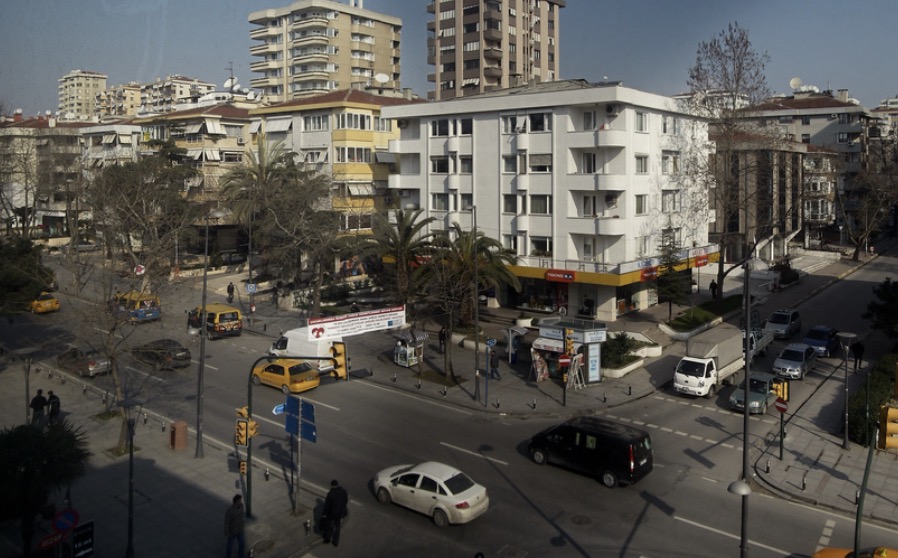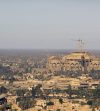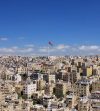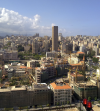The Iraqi economy is very undiversified and is characterized by a weak private sector, particularly in Iraq outside Kurdistan, and a lack of infrastructure. The oil sector represented 45% of GDP in 2023.
The non-oil industry (manufacturing, electricity, water and construction) only represents between 5 and 10% of GDP depending on the year (5.4% in 2022). Infrastructure in Iraq has suffered greatly from decades of conflict and sanctions from 1980 to 2017 – the costs of post-Daesh reconstruction alone were estimated by the World Bank at USD 57 billion in 2018.
The Iraqi private sector is generally not able to ensure these investments.
While there are large Iraqi conglomerates (the KAR, Qaiwan, Hewa, Khoshnaw, Farouk groups in Kurdistan, Al-Handal, Al-Bunnia, ALMCO, Ruban Al-Safina, Shamarra, March Holding Group in the rest of Iraq), often family-run, they are hampered by a banking sector incapable of ensuring the financing of the economy.
The Al Soudani government is trying to focus on the development of the private sector and private investment, especially since public resources are limited.
Indeed, while oil revenues are significant (from 40 to 60% of GDP depending on the year), and recently driven by a high price per barrel, the execution of investment expenditure is often sacrificed in favor of operating expenditure (75% of the budget), necessary to ensure social peace. The Al Soudani government has thus set up mechanisms to develop the private sector and non-oil industry:
Issuance of sovereign guarantees to the Iraqi private sector for the import of factories or production lines in a limited number of areas deemed to be priorities (medicines, construction, chemicals and petrochemicals, agriculture, food security). These sovereign guarantees should theoretically allow exporters – particularly Western ones – to more easily use the guarantees of national export credit agencies.
The development of mechanisms for accessing foreign currency is also facilitated by the Central Bank of Iraq through the negotiation of agreements between foreign banks and certain Iraqi banks. This mechanism will, among other things, provide payment security to exporters.
Private investment is also favored and facilitated, notably through the Iraqi Fund for Development (IFD). The IFD, funded by the State budget ($2.3 billion over 2023-2025), aims to facilitate private investment and the participation of private companies (foreign or not) by supporting them financially (up to 25%) and creating partnerships with them.
Despite this, there are still many projects for the government: reforms are expected on a multitude of subjects, such as investments, public-private partnerships, taxation and administrative simplification, the banking sector, employment.
For the moment, despite the attention paid to economic issues, no major reforms in these areas have been adopted under the Al-Soudani government (in office since October 2022). An extension of its mandate following the general elections scheduled for October 2025 could, however, give it the opportunity to do so.
Source: French Embassy in Iraq








Réagissez à cet article